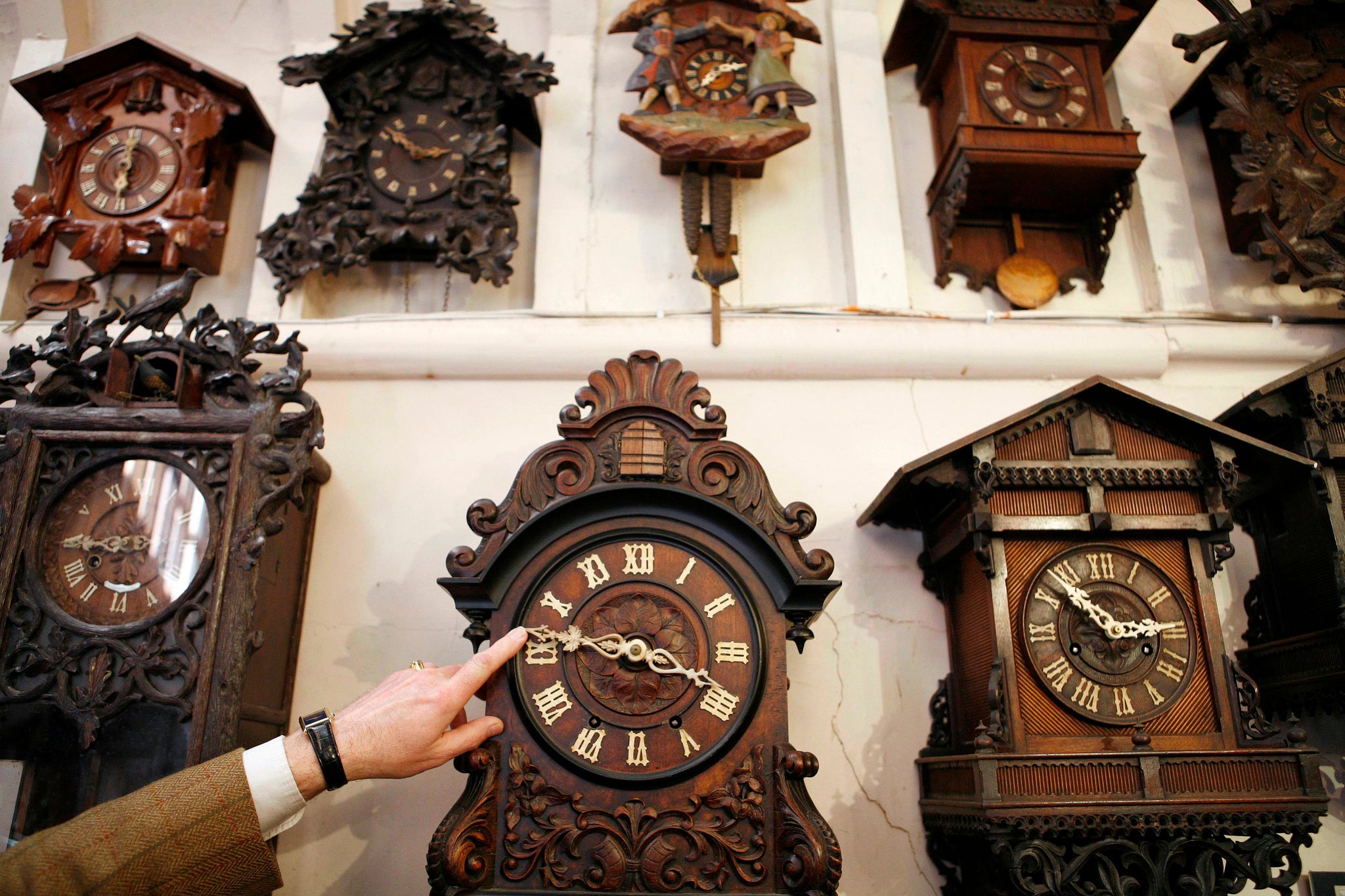UK should put clocks forward extra hour to save on energy bills, Lib Dem peer says
Extending daylight hours could potentially save households 152 hours’ worth of electricity annually

Your support helps us to tell the story
From reproductive rights to climate change to Big Tech, The Independent is on the ground when the story is developing. Whether it's investigating the financials of Elon Musk's pro-Trump PAC or producing our latest documentary, 'The A Word', which shines a light on the American women fighting for reproductive rights, we know how important it is to parse out the facts from the messaging.
At such a critical moment in US history, we need reporters on the ground. Your donation allows us to keep sending journalists to speak to both sides of the story.
The Independent is trusted by Americans across the entire political spectrum. And unlike many other quality news outlets, we choose not to lock Americans out of our reporting and analysis with paywalls. We believe quality journalism should be available to everyone, paid for by those who can afford it.
Your support makes all the difference.Tory ministers are being urged to put British clocks forward an extra hour to help alleviate the pressures caused by the cost of living crisis.
The Liberal Democrat peer John Lee said moving to Central European Time would help reduce household bills as it would maximise daylight in the evenings. Inflation has reached the highest level in 30 years and energy bills continue to rise.
“It’s a serious, long-term issue for a sizeable proportion of the population and I think the government should look very seriously at it,” he said.
“Double summer time would be relatively cheap, it wouldn’t really cost the government anything of significance as far as I’m aware.”
Lord Lee said he would call on the government to consider its position on double summer time when the House of Lords returns from recess later this month.
Extending daylight hours would save households 152 hours’ worth of electricity annually, it is claimed.
A 1993 study by the Policy Studies Institute estimated that the change would save more than £260m in electricity bills, but according to the government, the effects were “likely to be small in magnitude” and potentially “uncertain in direction”.
The potential change would adjust British clocks two hours ahead of Greenwich Mean Time during the summer and one hour ahead in winter. This means people would enjoy an extra hour of light for an additional 11 months of the year, but there would be an extra hour of darkness during the winter months.
Clocks were last changed to save energy during the Second World War but went back to normal after the war.
British Summer Time first came about in 1916 after a campaign led by William Willett, who after riding his horse in the early hours of one summer morning noticed that many people slept through a large proportion of a summer’s day.
Join our commenting forum
Join thought-provoking conversations, follow other Independent readers and see their replies
Comments